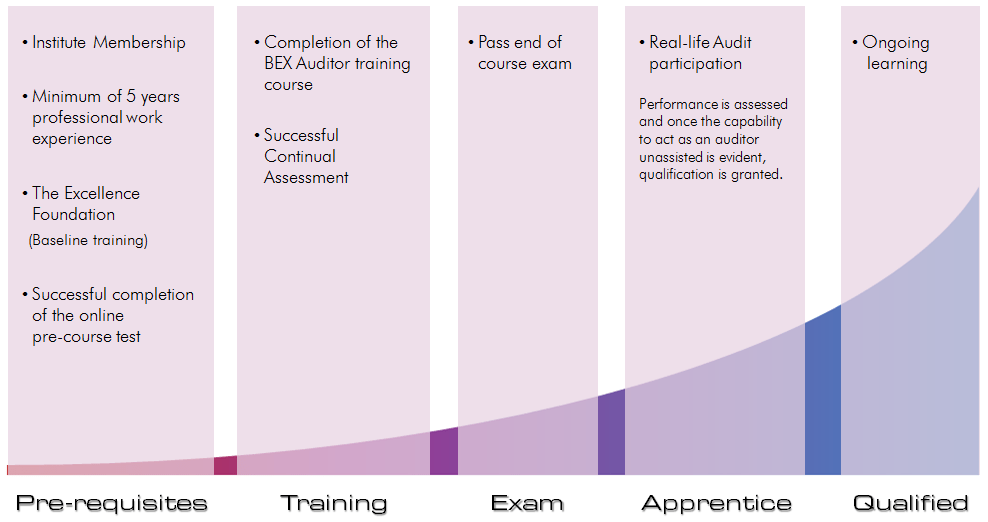For the best part of two decades, I worked in an organization as a manager, first of a department of one just managing processes, then in a department with staff; culminating in a role as Operations Manager. Outside of a BA in Psychology, I had no formal management training. My training was of the ‘learn-as-you-go’ variety. I believe that this is a very common experience that is all too familiar.
The organization was not a pro-active one with regard to best practice and had no idea about business excellence. For example, my direct boss for a number of years was of the mind that all the motivation staff needed was ‘a pay cheque’; governance was thin on the ground; there was no formal strategy in place, and staff development was unheard of. I was, however, advised that in order to advance within the organization to the board level I would need to obtain an MBA.

This was a path I did not wish to take and, given the writings of Henry Mintzberg, and the current research indicating that those who have Arts (or Engineering) degrees, and do not also have an MBA, often out-perform typical MBAs and accountants as CEOs and managers, I am quite glad I did not pursue one. What I did do, however, is to learn about best practice. When I became Operations Manager, I brought in a consultant to help with the introduction of performance reviews, one-to-one meetings and to give some general guidance on how to improve our processes and operations (suffice to say, my old boss was no longer on the scene).
Short story: everything improved, including profits. Unfortunately, the effects of 15 years of sub-optimal management and the Financial Crisis hit the business badly and it shut down in 2011. I often look back and think of all that could have been done to keep that business active and to keep the company’s 85 or so people in their jobs. By exploring the principles of business excellence, I have learnt about many simple and practical lessons that leading organizations have used and that academics have known and made available for decades.
These lessons are not simply the remit of multi-national corporations or of MBAs. They are lessons that any manager can benefit from learning about. It might be the case that you have found yourself in a management position, in a small to medium sized organization, possibly a family business (a significantly underserved segment of the business community); with no formal training. That was the position I found myself in. Although I did my best my job would have been significantly easier if I had known what I know now. That is why I suggested we develop The Pragmatic Manager Development Program. I often wish it had been available back then for me; as a valid alternative to an MBA. It may just have helped save a business.















